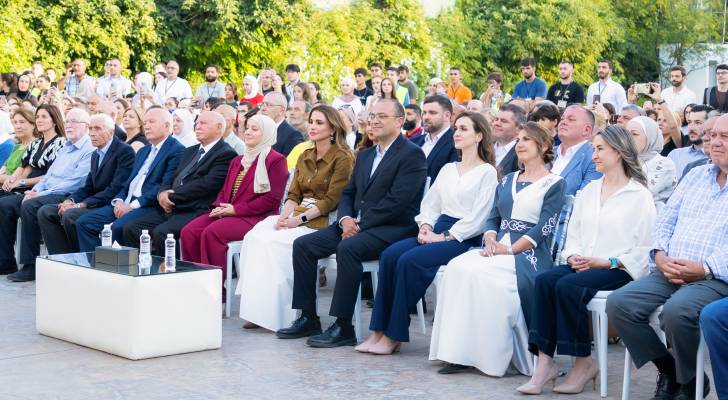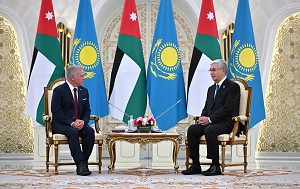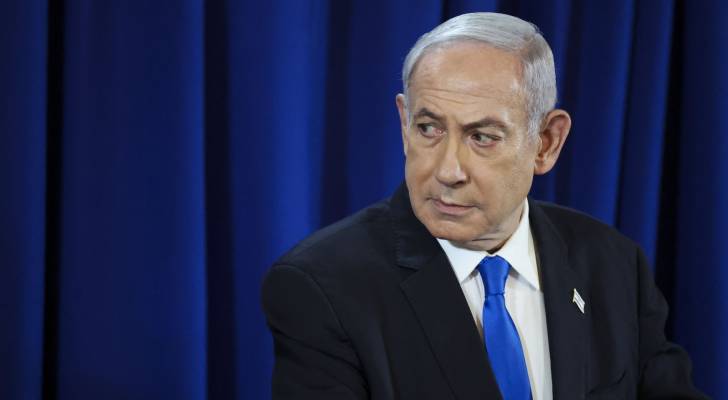Birket Al Arais: A fragile pond under threat from climate change and mismanagement
AFP
IRBID — Once a vibrant sanctuary for amphibians, reptiles, migratory birds, and aquatic plants, Birket Al Arais (in English “Brides Pond”) in northern Jordan, situated south of the Yarmouk River and near Al Wehda Dam, has long stood as one of the country’s few natural ponds, fed by rainfall and underground springs. Today, however, this ecological jewel faces an existential threat.
In June 2025, the pond dried up completely for the first time in living memory, a clear signal of the escalating pressures of climate change and water scarcity. Emergency pumping from a nearby artesian well has reintroduced some water, but the pond’s natural rhythm has been disrupted. The consequences are already visible: frogs such as the native Rana species have lost their spawning grounds, freshwater turtles face the collapse of their habitat, and migratory birds have been deprived of a critical stopover along their flyways.
Ehab Eid, a biodiversity expert, described the site’s decline as a warning sign of wider ecological vulnerability. “Wetlands like Birket Al Arais are small in size but extremely important for biodiversity. When they disappear, it signals broader stress on Jordan’s ecosystems. The loss of such sites directly threatens not only wildlife but also cultural heritage and community identity,”.
Jordan’s Fourth National Communication Report on Climate Change, submitted to the UN Framework Convention on Climate Change, underscores that freshwater ecosystems and terrestrial biodiversity are among the most vulnerable sectors in the country. Reduced rainfall, higher evaporation, and prolonged droughts are altering habitats, reducing species richness, and placing endemic flora and fauna at risk. The report warns that without decisive action, climate pressures could accelerate biodiversity loss, desertification, and ecological collapse.
For Eid, however, climate change is only part of the story. “The pond did not dry up by accident. Years of unsustainable water pumping and mismanagement undermined its balance. Climate change is making things worse, but unless over-extraction is controlled, we will keep losing ecosystems like Birket Al Arais,” he said.
Beyond the ecological impacts, the pond’s decline carries cultural and social costs. Long part of Irbid’s natural heritage, Birket Al Arais is now at risk of vanishing from collective memory. Yet its conservation also presents opportunities. Restoring the site could transform it into a hub for eco-tourism and education, linking biodiversity protection with sustainable livelihoods.
By developing birdwatching hides, eco-trails, and educational signage, the pond could serve as both a living classroom and a destination for eco-visitors. Training local youth as eco-guides, rangers, and biodiversity monitors would generate green jobs, while community initiatives such as handicrafts, eco-lodges, or sustainable farming methods could diversify incomes.
Eid stressed that such projects must be embedded in broader climate adaptation and restoration efforts. “Birket Al Arais could become a model site for wetland rehabilitation in Jordan, but only if communities, policymakers, and international partners work together. What happens here will echo beyond Irbid, showing whether Jordan is prepared to safeguard its natural heritage in the face of climate change.”
The fate of Birket Al Arais now hangs in the balance, emblematic of the choices Jordan must make. It could become a cautionary tale of loss, or a testament to resilience, depending on whether urgent investment in water governance, ecological restoration, and biodiversity protection is accomplished.




